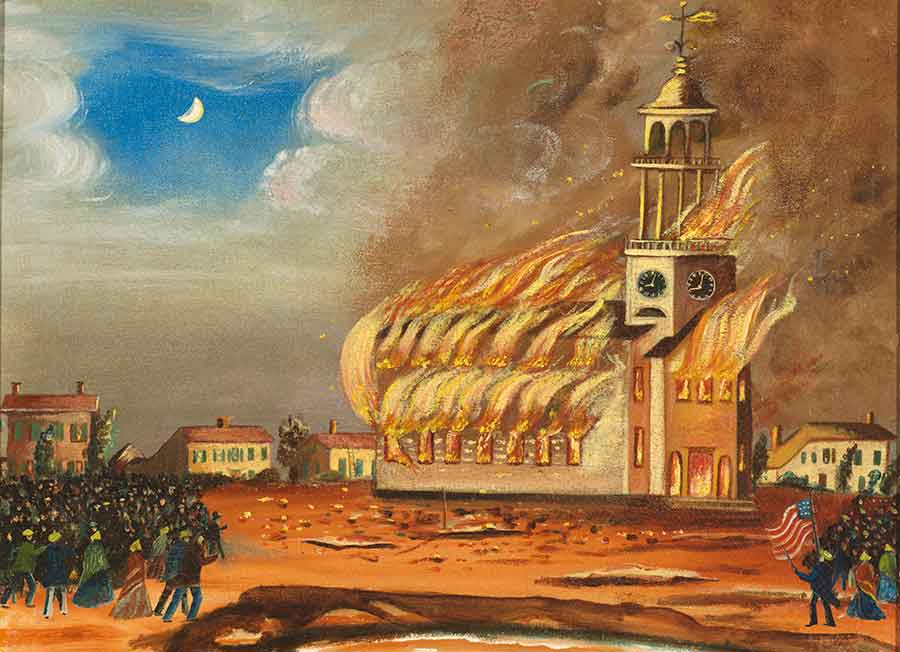It has been a very long time since last I posted, but recent experiences have encouraged me to think a little more about what the second post in this series would be on … and to write those thoughts down.
My last post talked about the concept of “burning down the church” from the perspective of our own desire to purge the institution of the church of all its impurities. Behind that lies the mistaken thought that we can somehow purify the church—or refine it, to use biblical language—and that “if only these things would change, then the church could really be THE Church.” But, as I noted there, the church is, always has been, and always will be full of sinful, broken, and imperfect people. It is not a gathering of those who have it all together—quite the opposite—it is a gathering of those who understand and embrace their desperate need for Jesus. As history and experience have shown, every attempt to refine the church on our part nearly always end in failure, frustration, and disappointment. This is not to say that the church does not need to “wake up” and be reminded of what it actually means to be THE Church from time to time, but maybe it isn’t our job to do it.
As the title of this post suggests, sometimes God sends a lightning bolt that starts the fire. When lightning strikes, the only thing we can do is react or respond. We are not the source of the lightning, but we do need to contend with it–we can’t ignore it. We can react to it by allowing anxiety, fear, despair, and anger to take root in our hearts and in our community. This can lead to blaming others, blaming God, apathy, or a stubborn refusal to acknowledge that things have changed and there is nothing we can do about it. Much as we might like to try, these kinds of things escape human solutions, although that doesn’t prevent us from trying.
Responding calls for a different posture—and calls forth a different set of emotional and physical responses to the “conflagration” (one of my favourite words). We respond when we open ourselves to the voice of God and ask, “What are you saying to us through this situation? What are you calling us to do about it?” The answers don’t always come quickly, but sometimes it is more about the process than the result. We don’t like this because we are impatient people, used to a world of instant gratification. But God doesn’t work according to our desires and plans. Everything comes to us in His way and in His timing. The process is important because it forces us to adopt the correct posture: open eyes, open ears, and open hearts that are waiting to see what God will do, hear what God wants to say to us, and hearts to respond in confidence and faith.
Whatever the church may be facing right now, our calling is not to look for solutions, nor is it to “burn it down and start all over again”. Our calling is wait patiently for the Lord, “be strong and take heart and wait for the Lord” (Psalm 27:14).


Recent Comments